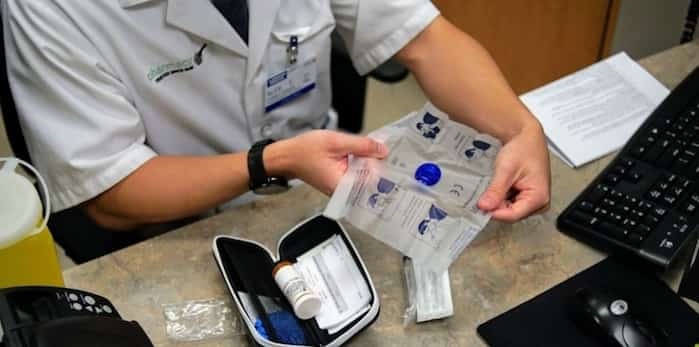Prince George was home to six deaths from illicit drugs in August, numbers from the B.C. Coroners Office are showing.
The count raised the total to 46 for the year and is ahead of the 35 deaths reached by the end of September last year.
The city appears on pace to exceed the record-setting 59 deaths reached over 2020.
The deaths in August were among 169 recorded province-wide for the month, and brought the total number of lives lost in the calendar year to 1,468.
"The illicit drug market continues to pose immense risks to people across our province," said Lisa Lapointe, chief coroner, in a statement. "People in communities across B.C. are continuing to lose friends, family members and colleagues to the unprecedented toxicity of the unregulated drug supply."
By health authority, the highest rates of death have been in Northern Health at 52 deaths per 100,000 people, it was also noted.
In a statement, Minister of Mental Health and Addictions Sheila Malcolmson said the government is working hard to build a system of mental-health and substance-use care where there wasn't one five years ago.
"We are offering innovative harm-reduction solutions, like prescribed safe supply - the only province in Canada to do so - and are adding new treatment beds and recovery services throughout B.C.
"We are also the only province in Canada to decriminalize people who use drugs, so that we can remove the stigma and shame associated with substance use. We agree addiction is a health-care issue, not a criminal one.
"In addition, we're making sure the most vulnerable in our communities - people with overlapping mental-health and substance-use challenges who are at risk of homelessness - have a safe place to call home, where they can get the critical health and social services they need to stabilize their lives. We're doing this through complex-care housing. Since January, we've announced 355 spaces in 12 communities and have already moved in more than 80 people.
"Complex-care housing is just one way our government is tackling the toxic drug crisis and working to build up a continuum of mental-health and substance-use care. Each week, we are adding new mental-health and substance-use services, and we will continue to add more."



